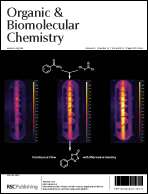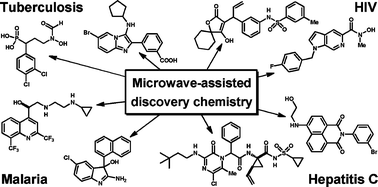Congratulations to Ricky Cain who was presented with the OBC poster prize award on the occasion of the Royal Society of Chemistry Organic Division North East Regional Meeting, held at the University of Huddersfield on Monday 4 March 2013.
Ricky is a postgraduate research student working under the supervision of Profs. Colin Fishwick and Peter Johnson at the University of Leeds, and won for his work on the Design and synthesis of metallo-β-lactamase inhibitors. Ricky receives a one-year personal subscription to OBC.
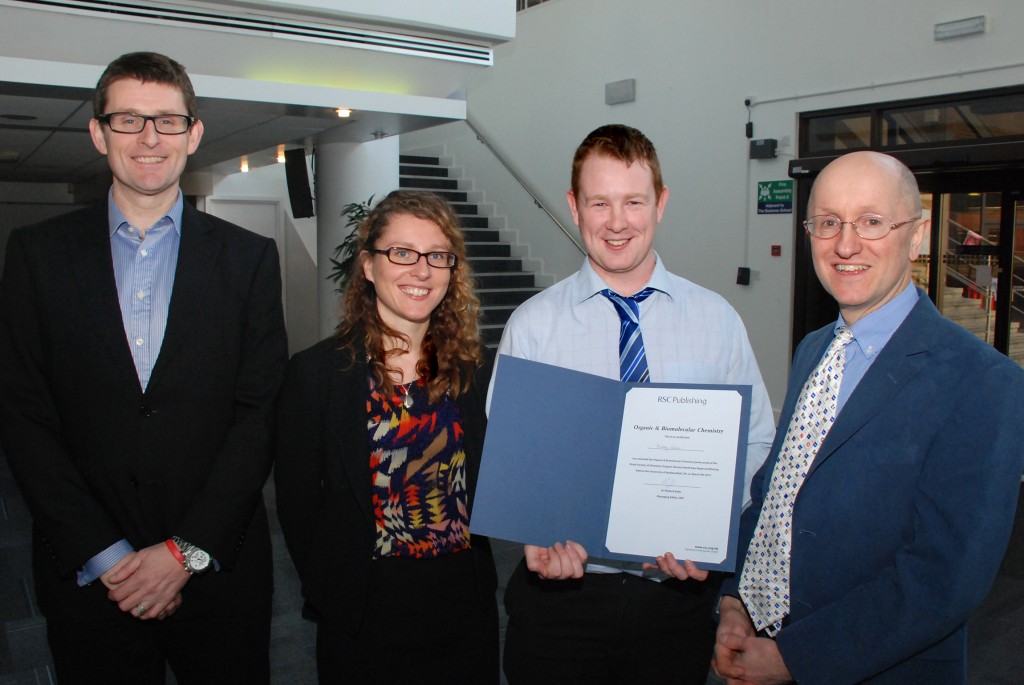
Professor Joe Sweeney (University of Huddersfield) Dr Anne Horan (Royal Society of Chemistry) Ricky Cain (University of Leeds) Dr David Rees (Astex Pharmaceuticals and President of RSC Organic Division)
Photo provided by the University of Huddersfield.
Also read the news item featured on the University of Leeds, School of Chemistry homepage.
Congratulations again to Ricky on his award! The OBC team wishes him all the very best with his future research work.











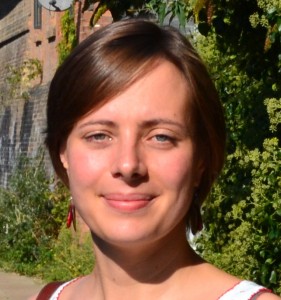
![Rich_med_tcm18-153780[1]](https://blogs.rsc.org/ob/files/2013/01/Rich_med_tcm18-1537801.jpg)
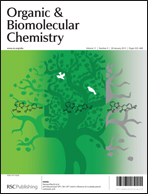
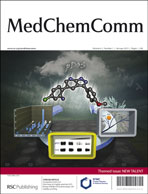
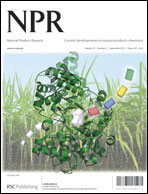
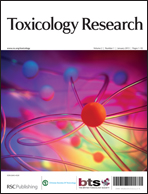
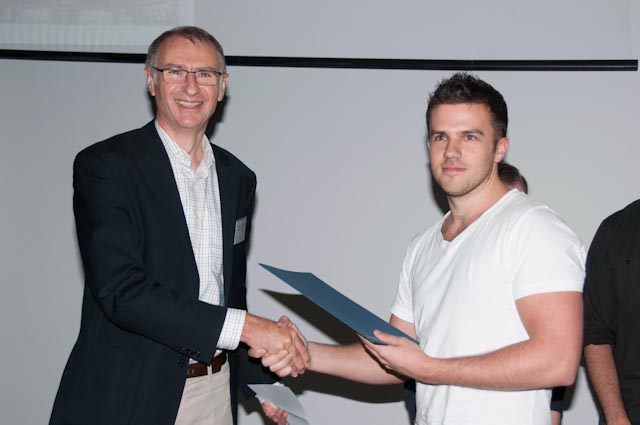
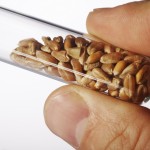

![1322646417BOSS13-webbanner-875x100[1]](https://blogs.rsc.org/ob/files/2012/07/1322646417BOSS13-webbanner-875x10011.jpg)
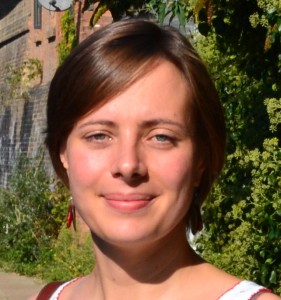
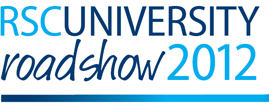
![GA[5]](https://blogs.rsc.org/ob/files/2012/05/GA5-300x141.gif)
![GA[6]](https://blogs.rsc.org/ob/files/2012/04/GA6-300x103.gif)
